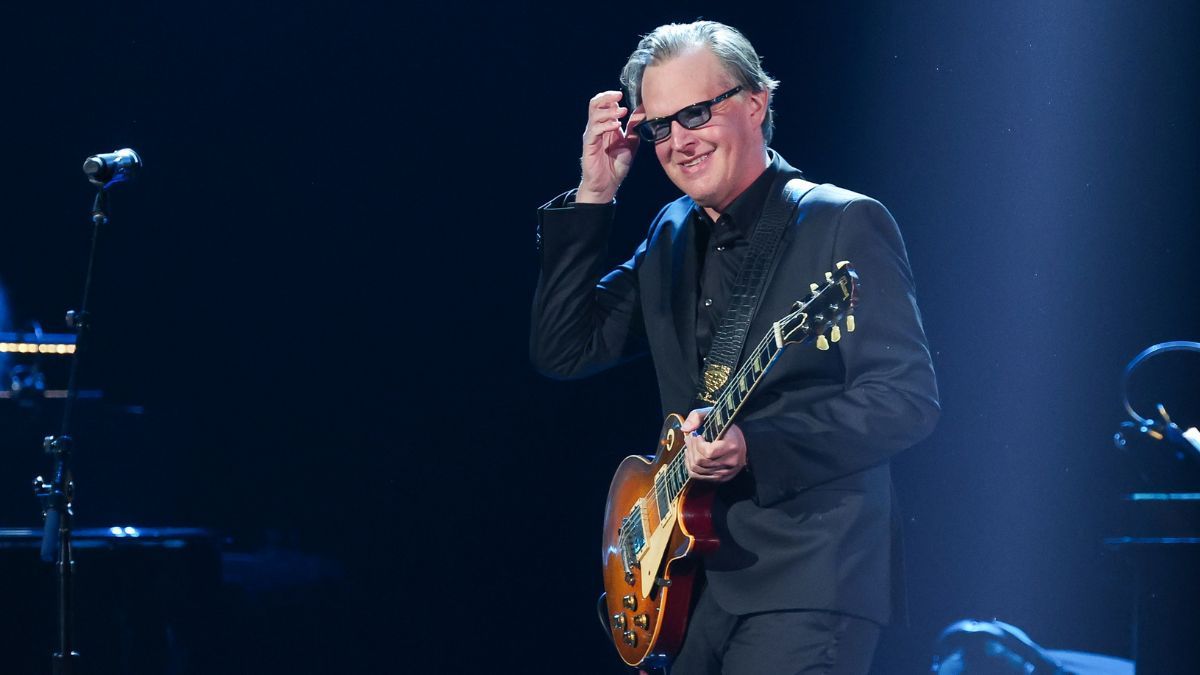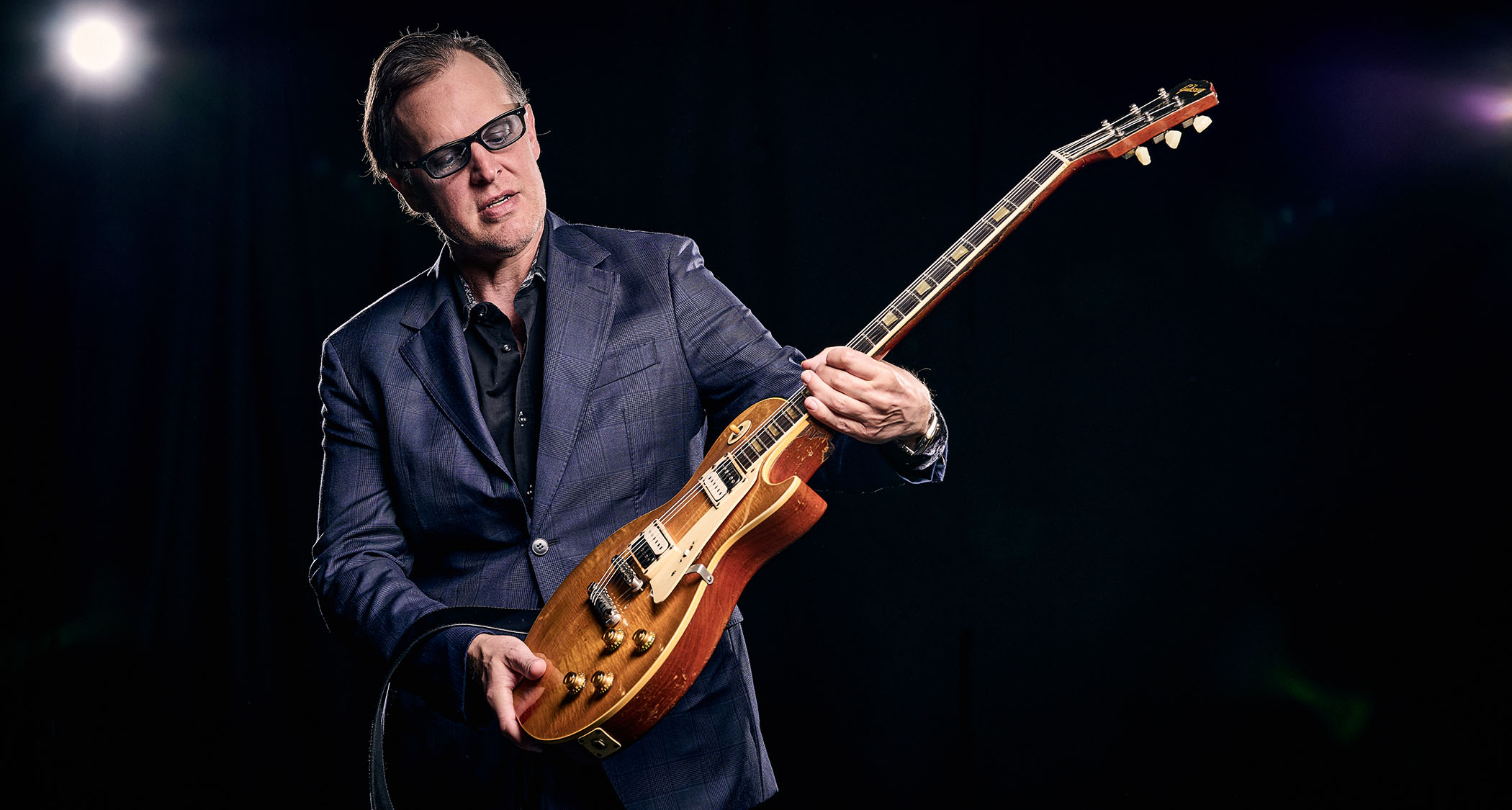
Joe Bonamassa is one the most celebrated electric guitar players out there, but with great popularity comes great dissent, and not every member of the blues community feels his take on the genre is harmonious with its history.
Some will feel that the blues should be open to interpretation and modernization, while others feel its heritage should be strictly adhered to. Bonamassa was mentored by Danny Gatton as a youngster, and supported B.B. King across numerous shows by the time he turned 18, so he certainly comes from a place of authenticity and respect. But not everyone sees it that way.
“What I interpret the blues as is different from what other people interpret the blues as,” he tells Guitar World. “I’m long past the point of caring. There’s nothing I can do to change people’s opinions about me, nor do I wish to.”
It helps to have a thick skin in this industry and Bonamassa is focusing on the positives.
“It doesn’t matter, because when I look at our last set of gigs and I see full arenas, I think, ‘We did something right, and the music struck a chord with a large number of people,’” he adds.
“So do I placate the minority of folks, or do I play an arena gig with blues songs that nobody else is doing? I’d rather do the latter. Why do I have to impress 10 people when a thousand people are saying, ‘Hey, man – I dig this’?”

The guitarist’s full interview features in the next issue of Guitar World, and explores the making of his latest solo album, Breakthrough – a record he pieced together with only a limited number of guitars.
“I use six guitars, maybe eight tops, in the studio,” he revealed to Guitarist. “A couple of acoustics. I’ll bring a Brazilian rosewood Martin, a mahogany D-18 or a 000-18, and a 000-45 or a 00-42, something like that.
“Different colours, you know? Mahogany sounds different on a microphone than Brazilian. And then I’ll bring a rosewood-[’board] Strat, I’ll bring a maple-[’board] Strat, some facet of a Telecaster or two.”
Bonamassa also recently revealed how his legendary Bonnie Stratocaster got its name, and discussed the unlikely origins of his “Royal Albert” Les Paul.
!["[T]he First and Fifth Amendments Require ICE to Provide Information About the Whereabouts of a Detained Person"](https://images.inkl.com/s3/publisher/cover/212/reason-cover.png?w=600)






